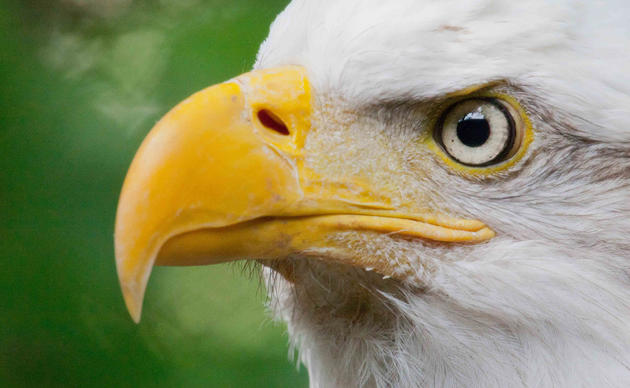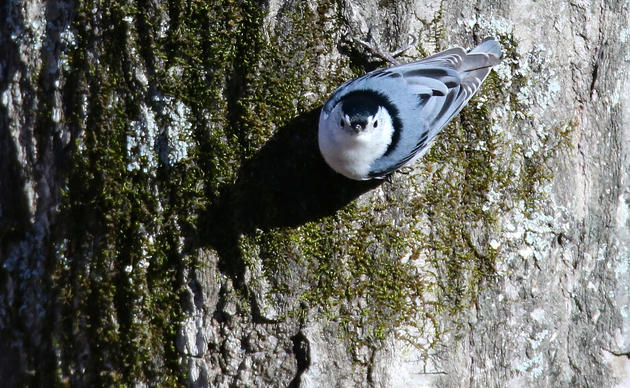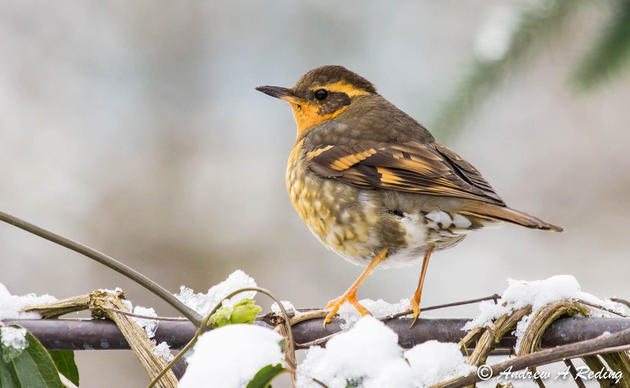Lush evergreen forests, expansive sagebrush lands, snowcapped mountains, and scenic waterways are just some of the hallmarks of Washington State’s natural beauty. However, the challenges of habitat loss, climate change, pollution, and other threats are putting our state’s wildlife and natural spaces at unprecedented risk. In 2023, Audubon Washington, alongside our conservation partners, campaigned to secure vital funding for the Washington Department of Fish and Wildlife’s (WDFW) Biodiversity Initiative to protect and preserve our state’s wildlife and the habitats they need.
The result?
In last year’s legislative session, state legislators allocated a landmark $23 million funding package that promises hope for the preservation of our state's natural heritage.
The importance of this action cannot be overstated. Prior to this injection of crucial funding, resources for ecosystem management and wildlife monitoring were sorely lacking, leaving 95% of the 268 “Species of Greatest Conservation Need” identified by WDFW without adequate conservation support.
Importantly, much of the funding secured for protecting the state’s biodiversity aligns closely with Audubon Washington’s top conservation and climate priorities and will enable us to further our work in the following areas.
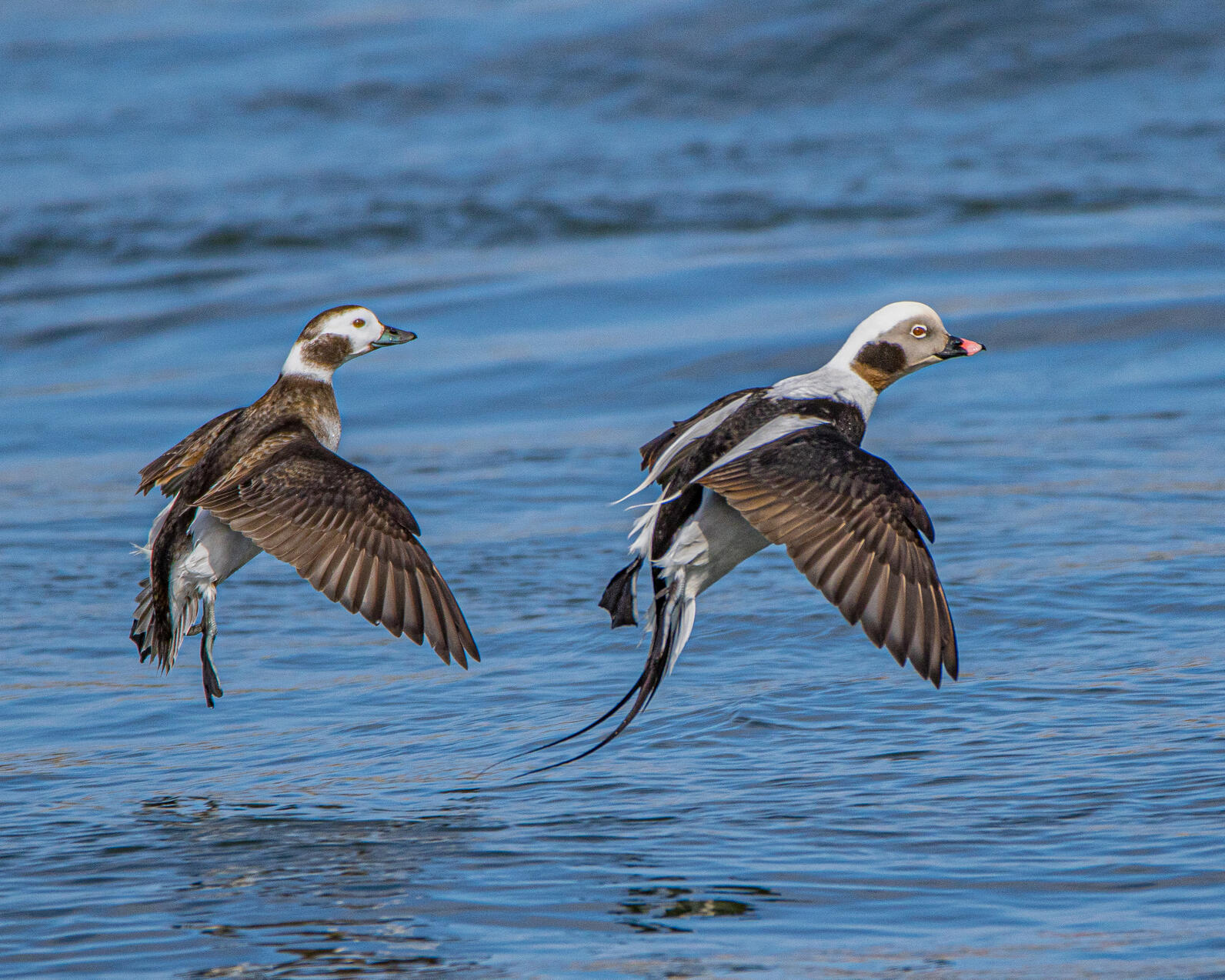
Coasts and Puget Sound
The creation of the Marine Coastal Flyway section within the WDFW heralds a new era of conservation capacity for management of birds like Western Sandpipers and Tufted Puffins. Thanks to this funding support, a dedicated section manager will now spearhead efforts to address conservation concerns for marine, nearshore, and coastal species. This new funding will also enable more robust WDFW participation in the Pacific Flyway Council, and help support collaborative efforts with partners like Audubon, as well as neighboring states and federal agencies for broader impact.
Finally, a social marketing survey for Shore Friendly programs will help WDFW better understand how to connect with shoreline landowners on issues such as shoreline armoring that directly impact habitat for birds and fish. By empowering, educating, and even providing financial incentives for shoreline landowners, we can support landowners in being good stewards of Puget Sound.
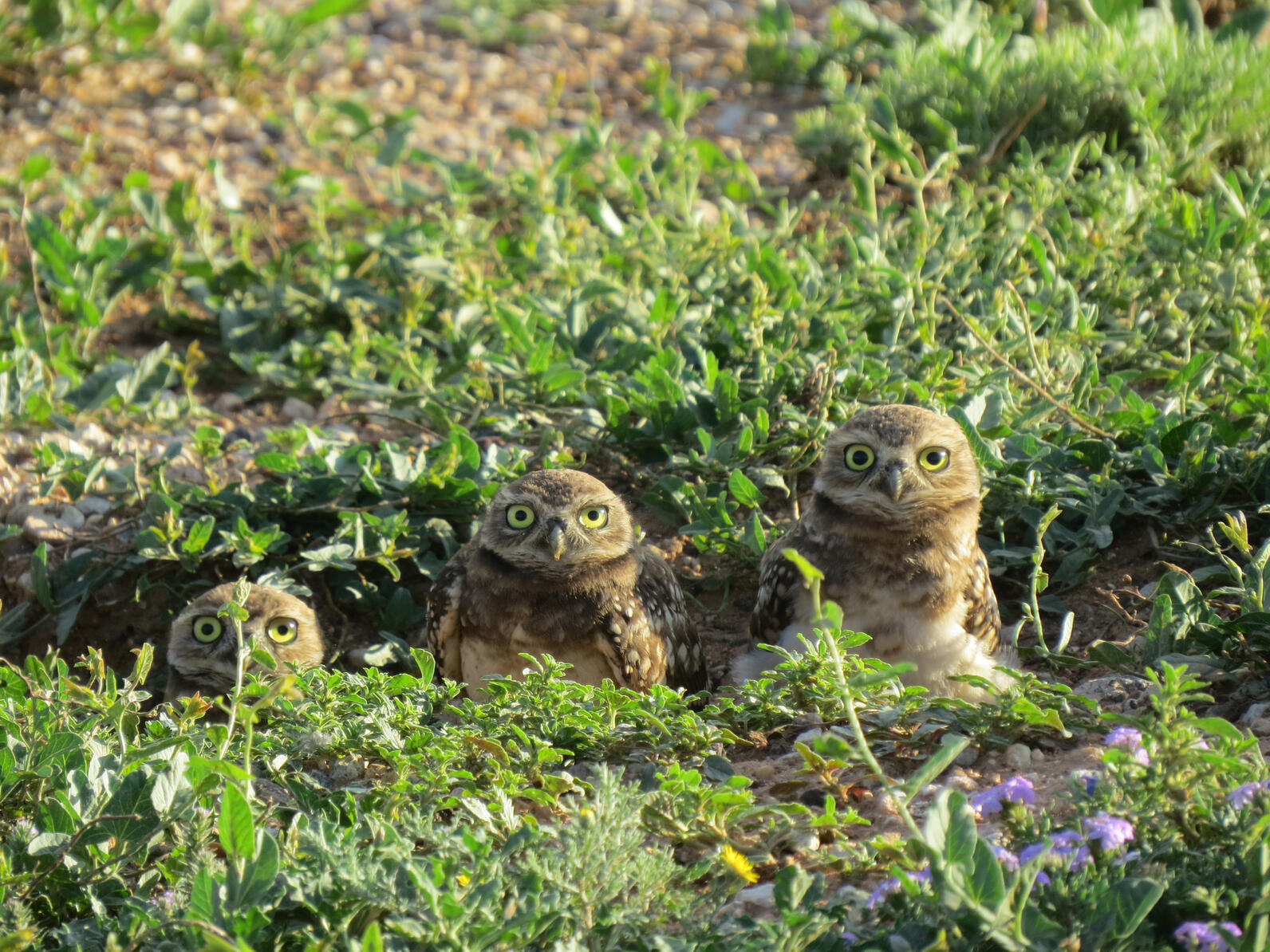
Shrub-Steppe Recovery
In the heart of Washington's shrub-steppe ecosystem, critical efforts are underway to bolster endangered species populations. Through collaborative endeavors like their work to enhance the state endangered Columbian Sharp-tailed Grouse population, WDFW can not only bolster their numbers but also enhance genetic diversity for long-term resilience. As indicators for the health of grassland and shrub-steppe ecosystems, the success of initiatives like these can reverberate far beyond the grouse population alone.
Additionally, the expansion of WDFW's capacity for clean energy siting project review and the creation of a dedicated position to coordinate the Washington Shrub-steppe Restoration and Resilience Initiative (WSRRI) reflects our shared commitment to proactive conservation strategies that address the most prominent threats in this landscape. By investing in strategic planning and bolstering organizational capacity, this new funding lays the groundwork for sustained progress in habitat restoration, fire resilience, and species recovery.
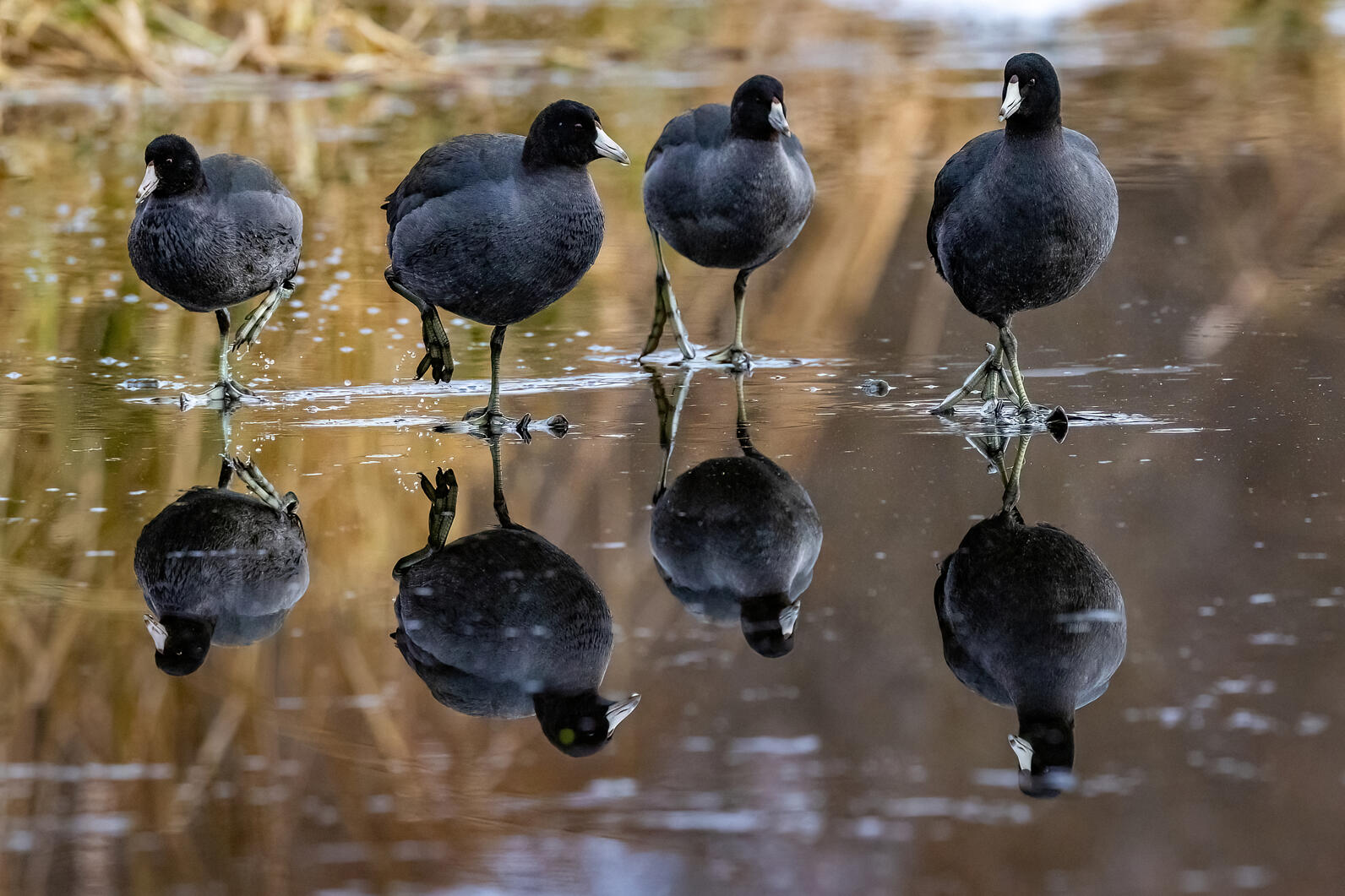
Other Important Priorities
Beyond Audubon Washington’s coastal and shrub-steppe ecosystem priorities, WDFW biodiversity funding addresses an array of conservation challenges.
The addition of environmental planners to support updates to the Growth Management Act (GMA) supports local governments in navigating the complexities of incorporating climate change into comprehensive planning. This funding will help ensure that the best available science on habitat and species impacts will be a cornerstone of their planning efforts.
Moreover, the establishment of a regionally based fish and wildlife conservation education program represents an investment in the next generation of environmental stewards. By engaging students and educators alike, WDFW can work with community partners to sow the seeds of conservation consciousness that will reverberate for years to come.
Advancing Audubon Washington’s Mission
As we celebrate the successes of the 2023-25 state budget, our focus remains firmly on the future. With the momentum gained from this historic funding allocation, Audubon Washington and our partners are poised to enact meaningful change in the realm of conservation. By leveraging available resources, forging strategic partnerships, and engaging communities across the state, we will further our dedication to protecting birds and the places they need, today and tomorrow.

